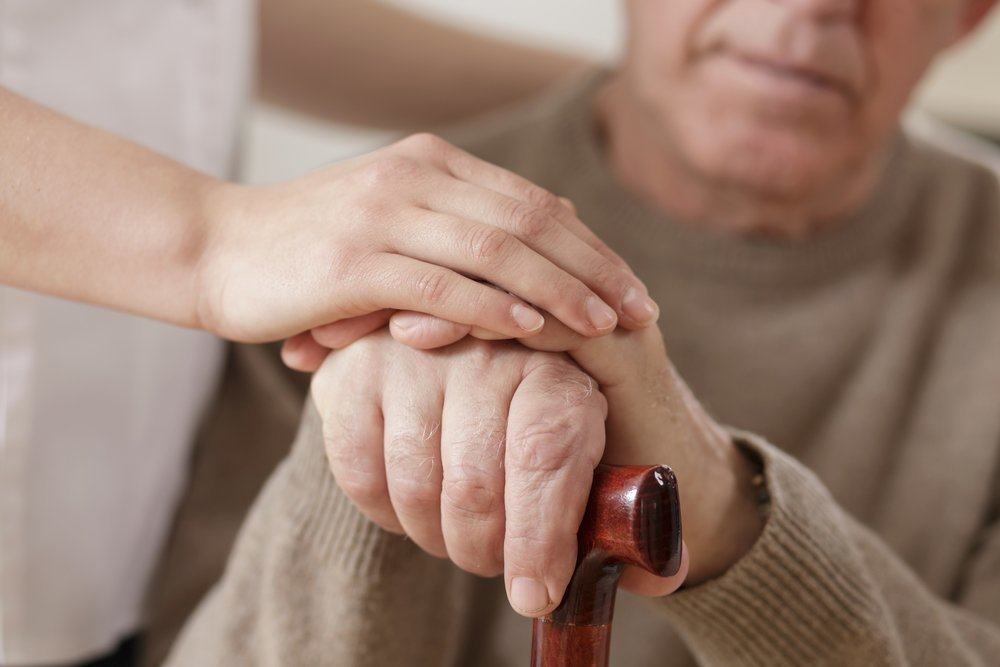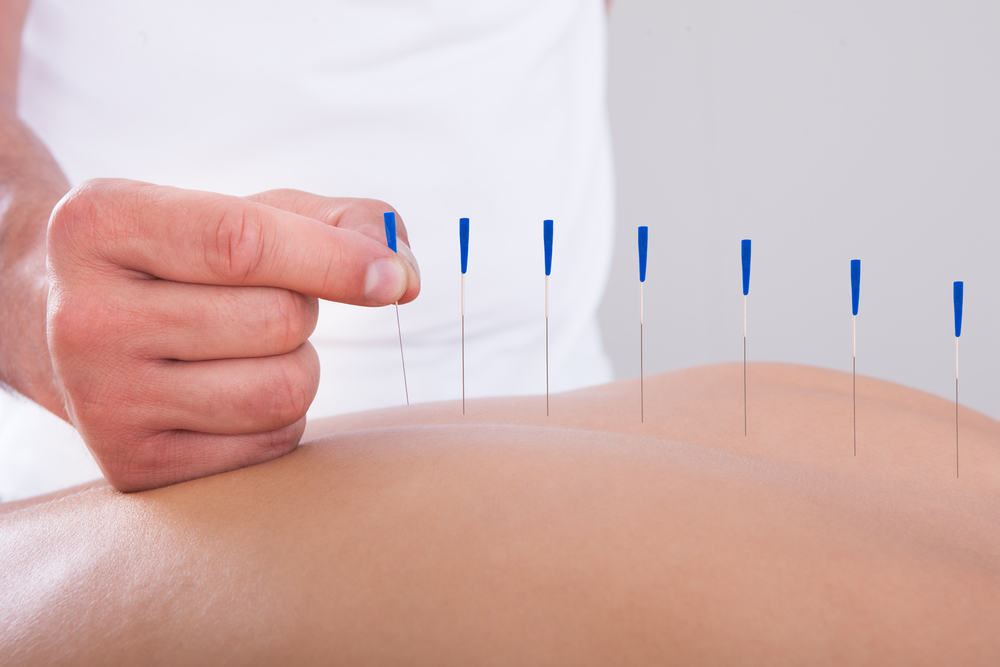Contents:
- Medical Video: Tremor Disorder or Parkinson's?
- What can cause Parkinson's?
- 1. Genetic
- 2. Environment
- 3. Age
- 4. Gender
- 5. The presence of Lewy body
- 6. Alpha-synuclein is found in Lewy body
- What are the symptoms of Parkinson's?
Medical Video: Tremor Disorder or Parkinson's?
Have you ever heard of Parkinson's disease? The name of this disease comes from a doctor, James Parkinson. This disease is caused by damage to nerve cells in an area in the brain known as substantia nigra. When functioning normally, these nerves will produce important chemicals known as dopamine. The function of dopamine itself is as a messenger that allows communication between the substantia nigra and corpus striatum; other areas of the brain. Communication affects the movement of nerves. Excessive dopamine production can cause the body to lose control of the body's ability to move.
What can cause Parkinson's?
The cause of this disease is not yet known, but several factors play a role in nerve damage, such as:
1. Genetic
Some diseases may be caused by hereditary factors, but it has not been confirmed that genetics really influence the formation of Parkinson's. Even so, researchers identified a genetic mutation that can cause Parkinson's. It's just that, cases like this are still rarely found. Gene variations when grown can also increase Parkinson's risk.
2. Environment
As with genetics, this factor is also rarely found, but can occur. Exposure to toxins from the environment can increase the risk of Parkinson's, according to several researchers quoted by the NHS. The poison that can trigger is carbon monoxide and carbon disulfide. Pesticides and herbicides, as well as industrial pollution, contribute to Parkinson's conditions. However, there is no convincing evidence about how much the environment can cause Parkinson's condition.
Pollution can trigger oxidation; that is, when free radicals replace lost electrons. Oxidation is also thought to damage tissues including neurons. Normal free radicals can form in the brain and body, but the mechanism of the brain and body can eliminate them. In Parkinson's patients, the mechanism is not as effective as usual, they may even produce too much free radicals.
3. Age
Young adults rarely experience this disease. Generally, this disease attacks the elderly or middle age. Ages around 60 years are vulnerable to this disease. Age factors do increase the risk of getting Parkinson's.
4. Gender
Men are more prone to Parkinson's than women, but there is no definitive explanation for this.
In addition, the researchers also noticed a number of changes in the brain of Parkinson's sufferers, but it was not yet clear why this change could occur.
5. The presence of Lewy body
Lewy body is an abnormal amount of protein formed in nerve cells. According to the researchers quoted by the Mayo Clinic, they believe that Lewy body plays an important role as a cause of Parkinson's.
6. Alpha-synuclein is found in Lewy body
Alpha-synuclein is a protein found in the brain. Although many substances are found inside Lewy bodies, the most important is alpha-synuclein. This is an important focus of Parkinson's. It was also found that the Lewy body gumplan shape cannot be destroyed.
What are the symptoms of Parkinson's?
The symptoms shown by each person are different. Signs at the beginning may not be visible. Symptoms usually begin when one part of the body starts to deteriorate. The following are the symptoms:
- Tremor. Trembling begins in the legs or arms, even fingers. One characteristic of Parkinson's is the uncontrolled movement of the hands when relaxed.
- Slowing movement. Over time, your ability to move will decrease. You will also be slow to move. Your steps when walking will be shorter. Even you will have difficulty standing up from the chair. Gradually, the patient will drag his feet when trying to step.
- Muscles become stiff. This stiffness can occur anywhere in the body. These stiff muscles will limit your movements and can also cause pain.
- Posture and balance disorders. Your body will experience changes in posture, become bent, and lose balance.
- 'Automatic' movement interruption. You may experience a decreased ability to move your body that should occur automatically without thinking, like blinking, smiling, or swinging your arms when walking.
- Changes in speech. You may feel soft, fast and hesitant before speaking. Or your tone will sound monotonous.
- Decreased writing ability. You will find difficulties when writing and your writing will change or become small.
You need to see a doctor when you find symptoms related to Parkinson's.
READ ALSO:
- Rett Syndrome, a rare disease that attacks girls
- What You Need To Know About Sickle Cell Disease
- A Variety of Kawasaki Diseases That Cause Children Fever












